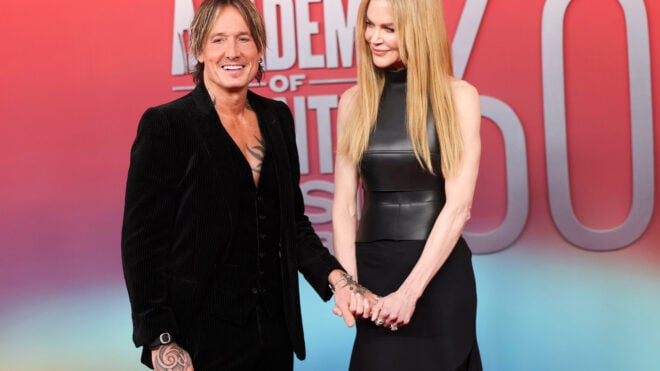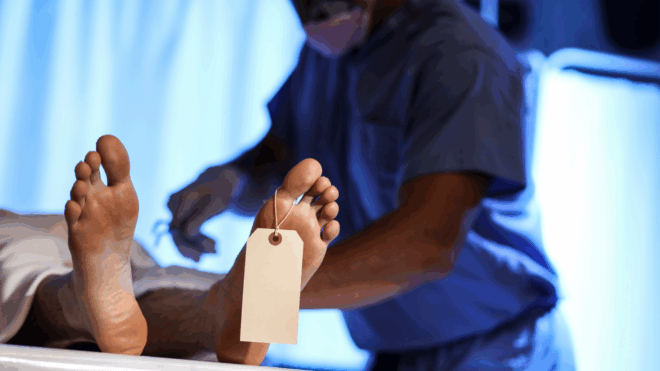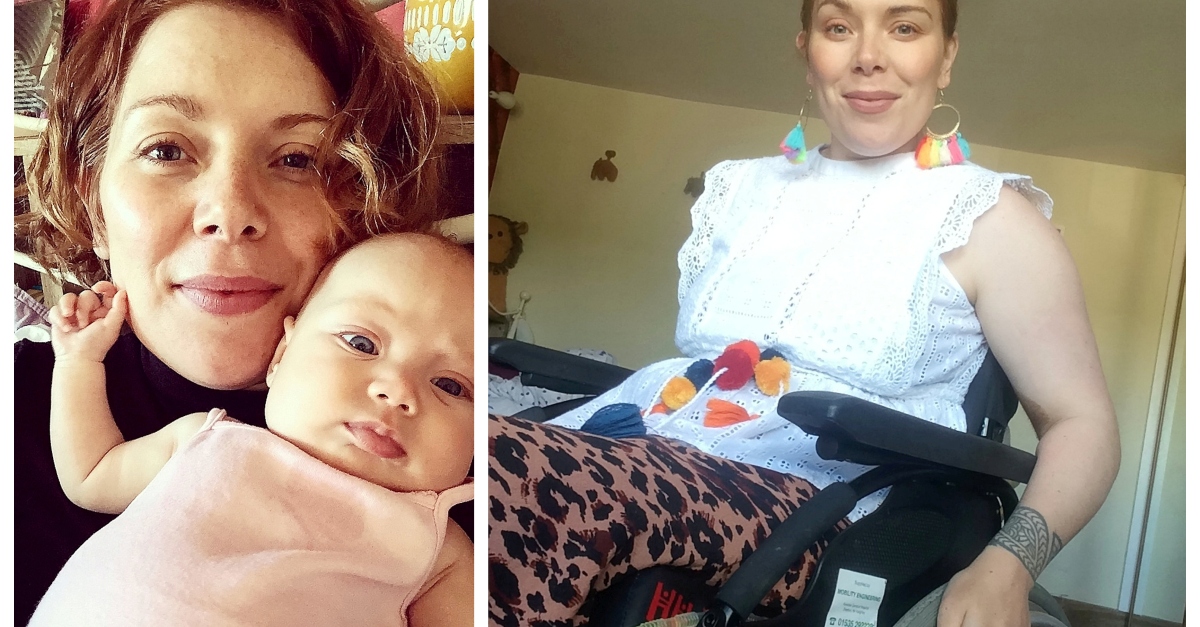
Kara Scott is a young mom who has faced a few more challenges that most of us. Kara found out that she was pregnant with her daughter about six weeks after she became paralyzed from the chest down. To top it off, the pregnancy may have been what caused a seizure that led to her paralysis.
Happily, Kara is adjusting to her new life as a mom of two while she celebrates her body and her strength.
Kara was on vacation with her husband and their young son in 2019 when she suffered a seizure and collapsed. The trio headed home, and Kara collapsed for a second time on the flight back. When she got home, she was subjected to a battery of tests, and her doctors eventually diagnosed her with a central nervous system disorder known as neuromyelitis optica (NMO).
More from LittleThings: A 20-Year-Old Senior Dog Is Sadly Abandoned, But Finds Happiness With Other Senior Dogs
That was already a lot of information for Kara and her family to receive … but then she found out that on top of everything else, she was pregnant again.
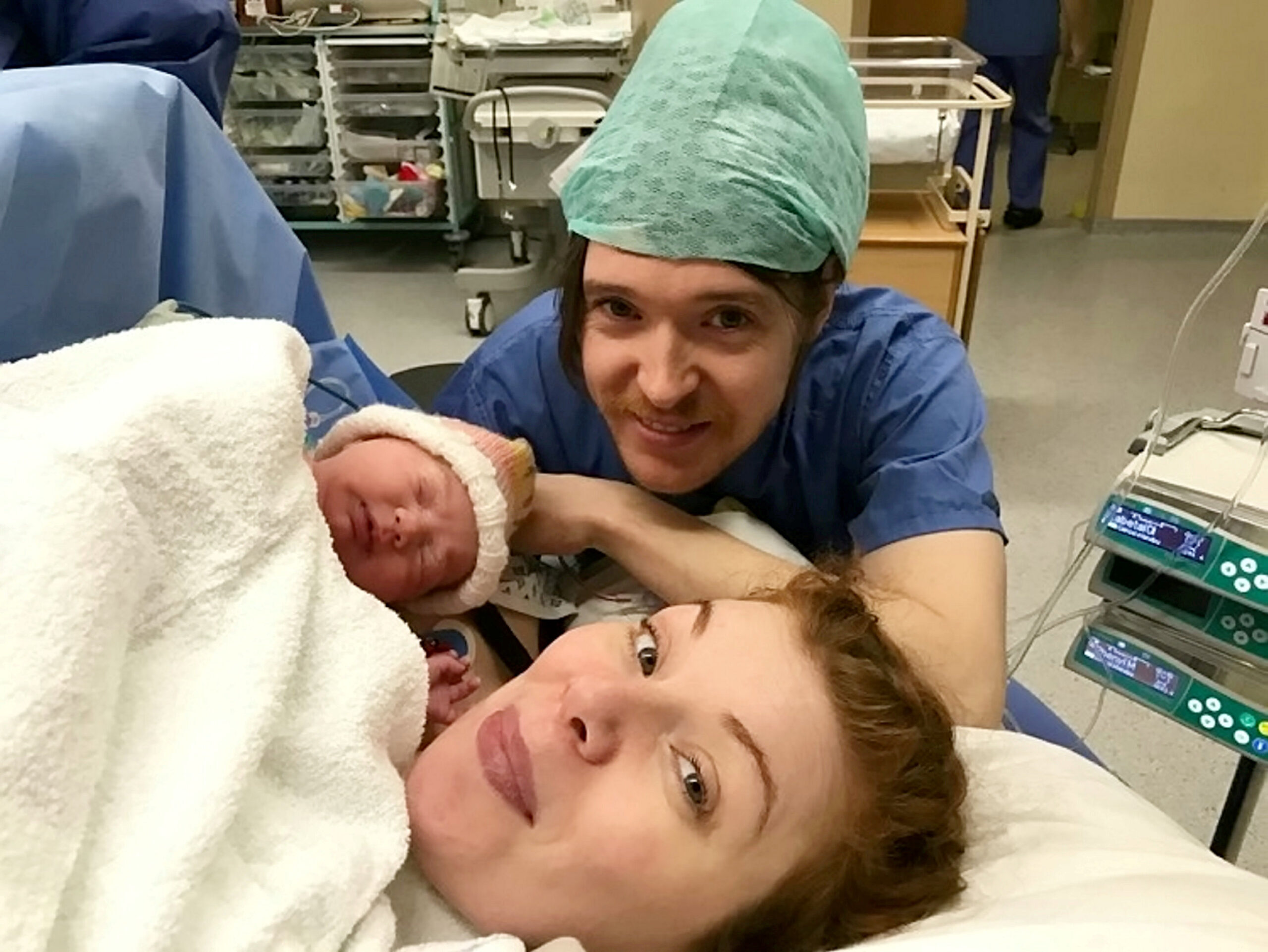
Happily, Kara's daughter, Winnie, was born on January 7, 2020. Since then, Kara has celebrated her new life as a disabled mom of two. "I'm not dead am I? I'm here — I'm still me," she said, per SWNS. "I was just shocked. I thought I couldn't be pregnant. I rang my partner, Jonny, who said, 'Oh my god, this is amazing.'"
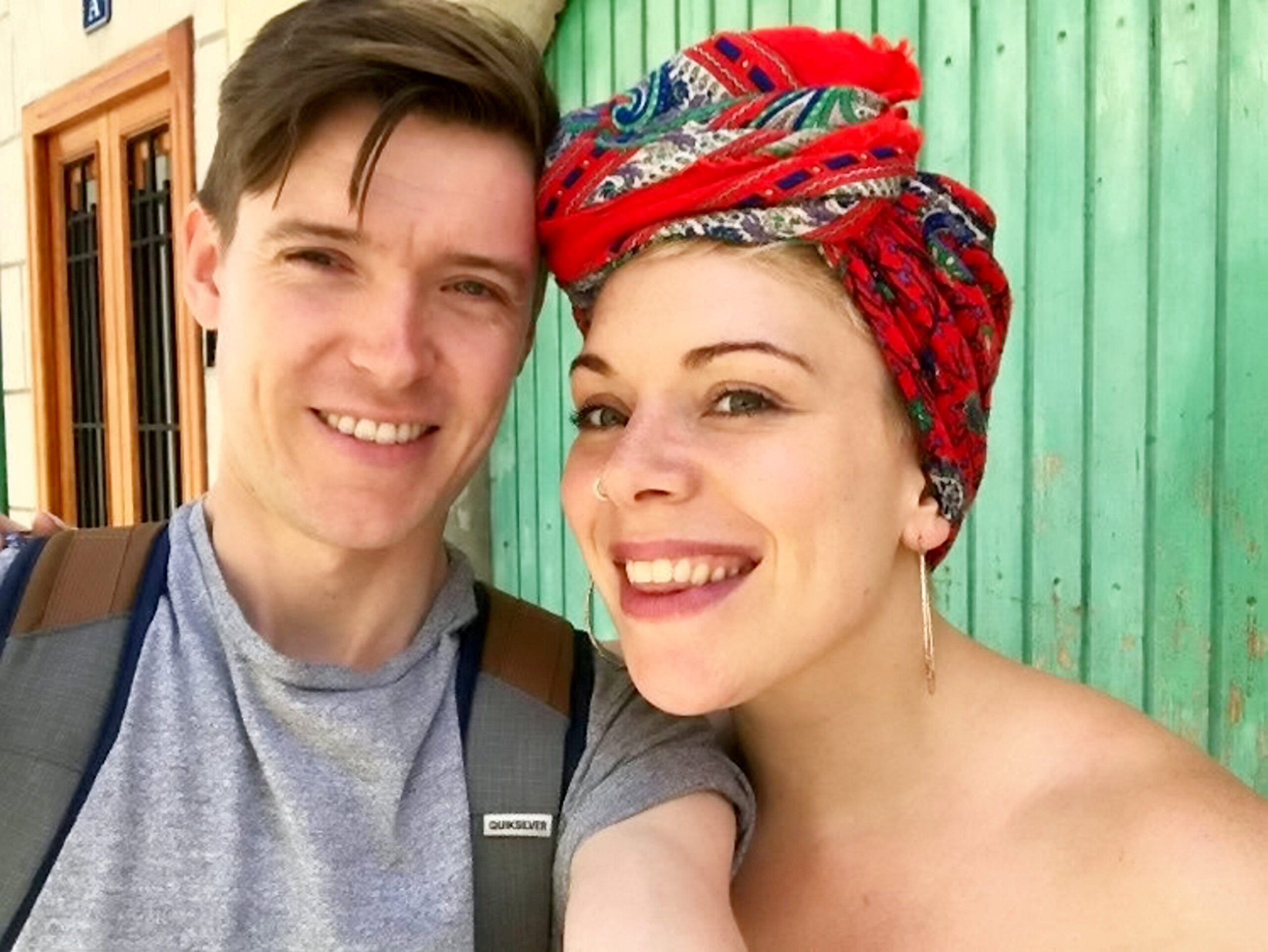
"It was obviously meant to be, but I thought, 'I have no idea how to live life as a paralysed person, let alone how to do it with a baby.' I'm a mum-of-two now. The first time round was hard enough to do fully-bodied and fully-abled. I didn't really have time to register being paralysed — it was more about how am I going to be a good mum."
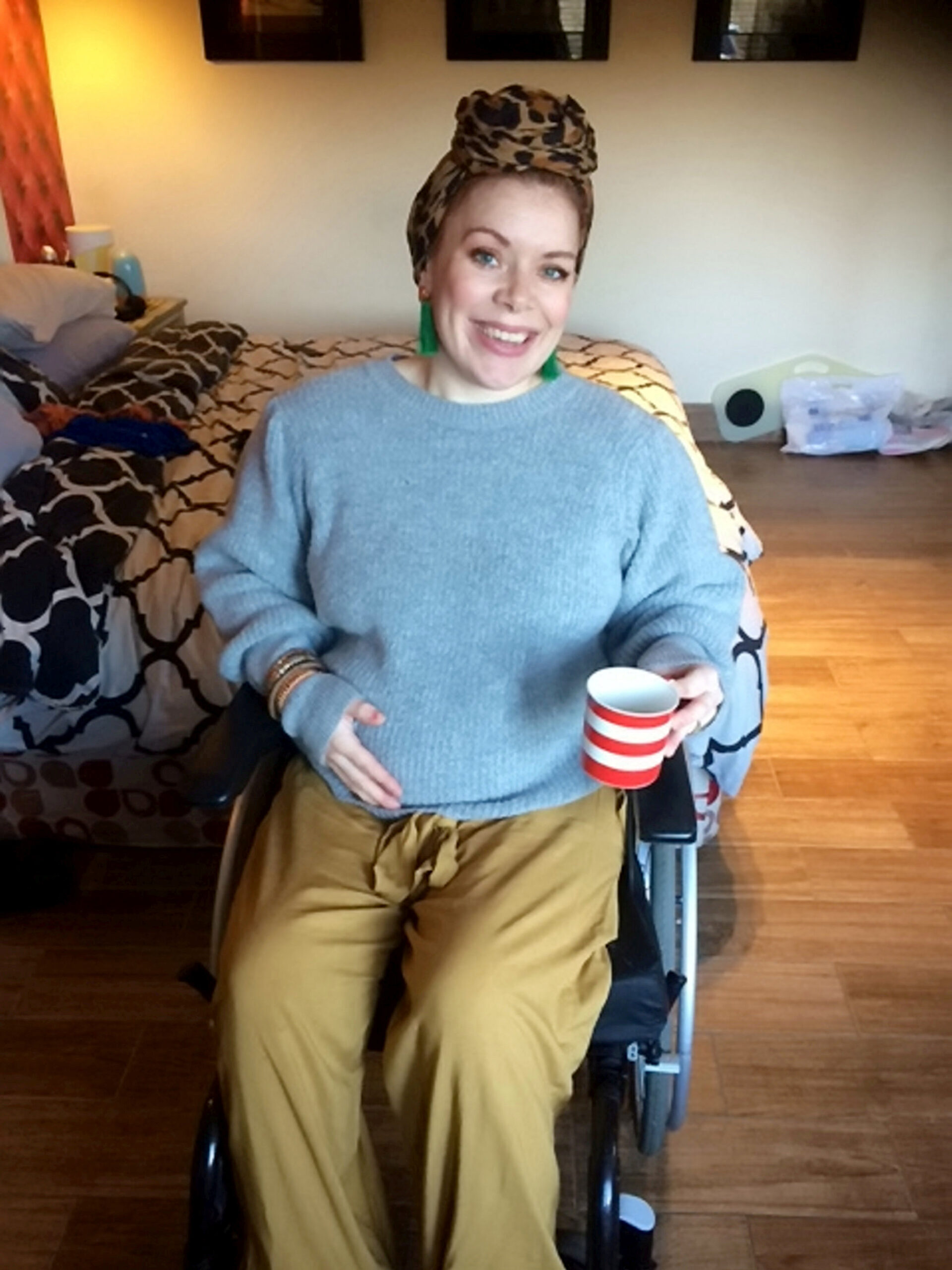
Kara has definitely had to adjust to a lot, but she's taken most of it in stride. "Life is really testing me but I like a challenge. I always want to do something different. When they said at first it was just a shock."
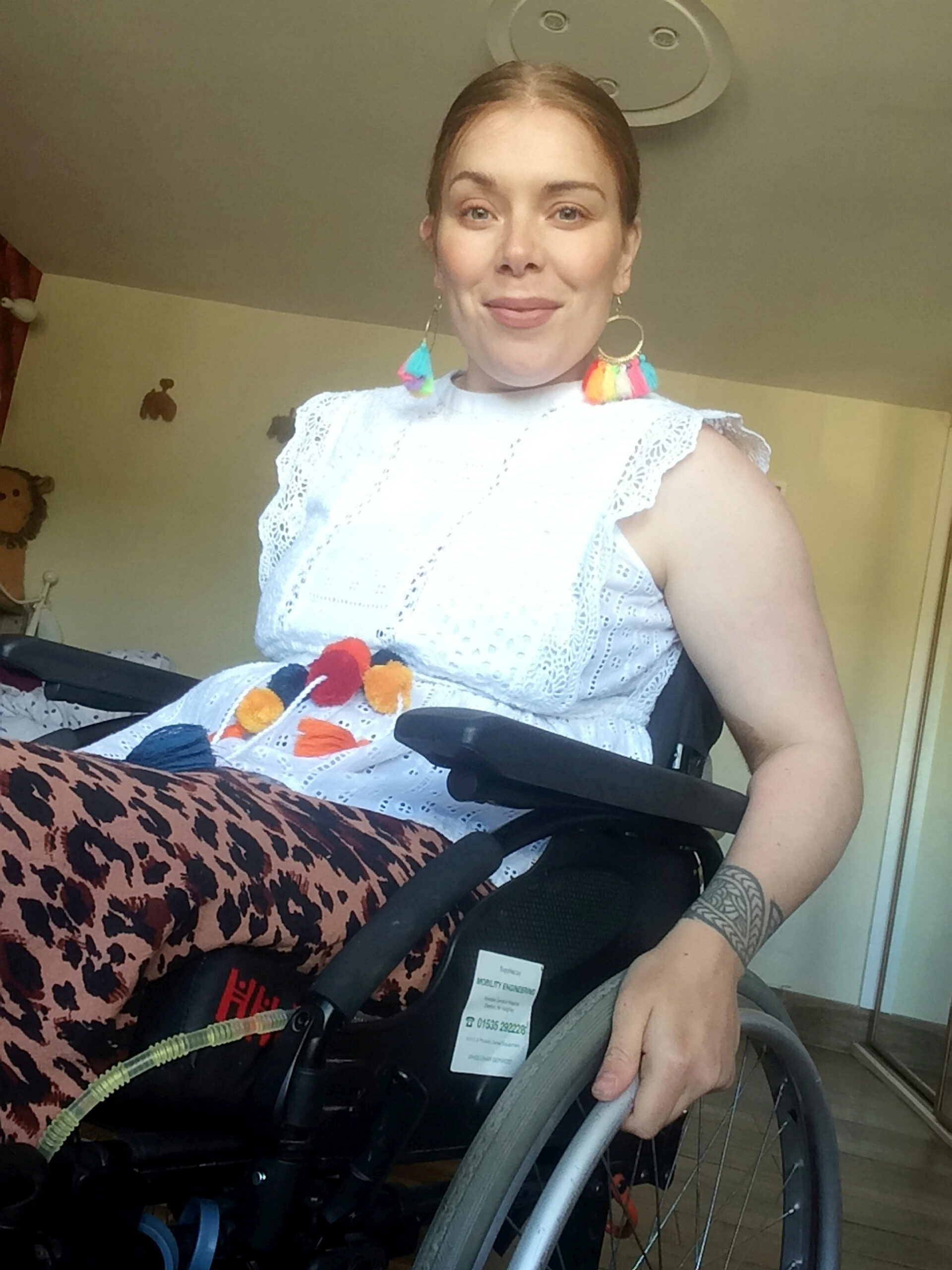
At the beginning of her journey, she hoped that she would regain her ability to walk. However, as time went on, it became more clear that she likely would not. "I kept on hoping it would be temporary. But I'm also a realist and so I said to the neurologist to tell it to me as it is and she told me I'll probably never walk again."
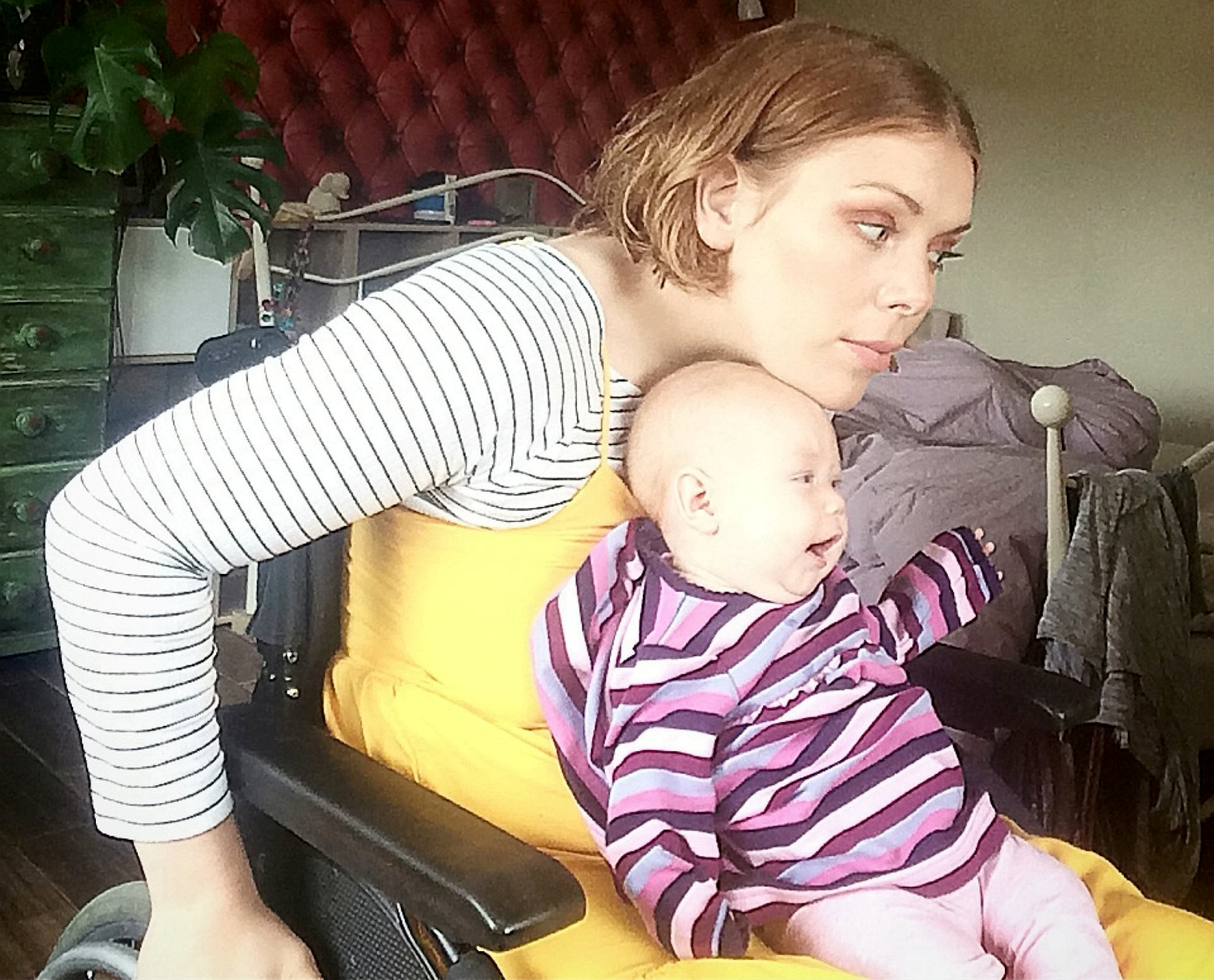
Oddly enough, Kara's pregnancy may have been what caused the seizures in the first place. "The trigger was probably me becoming pregnant but no one can be sure. I would not change it though, as I have Winnie now."
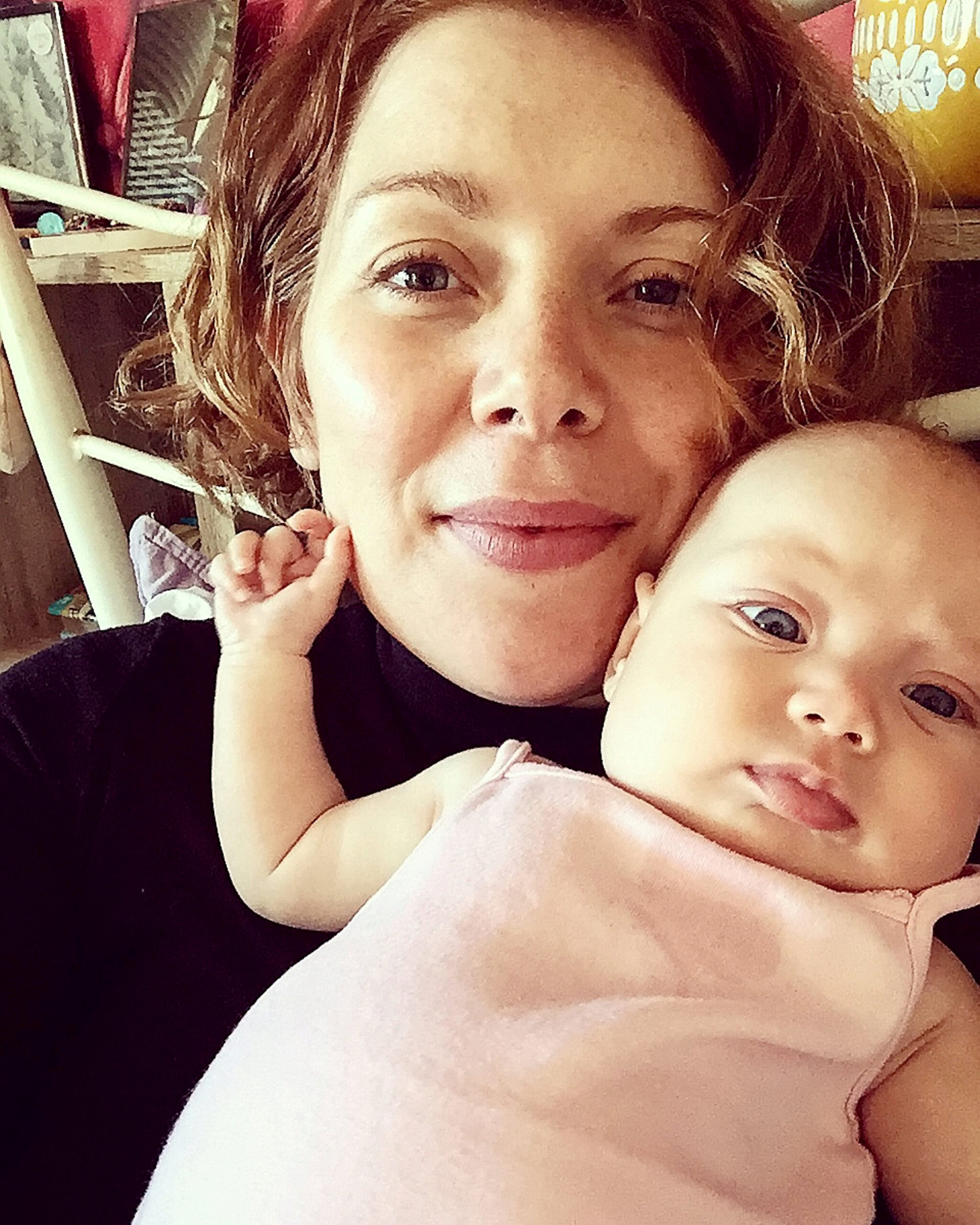
It turns out that Kara's NMO actually began 10 years ago, when she was only 23. She began having issues with facial numbness and her balance, but didn't know the cause. Doctors initially thought she might have MS but then ruled out that condition. They ultimately found three noncancerous lesions on her brain.
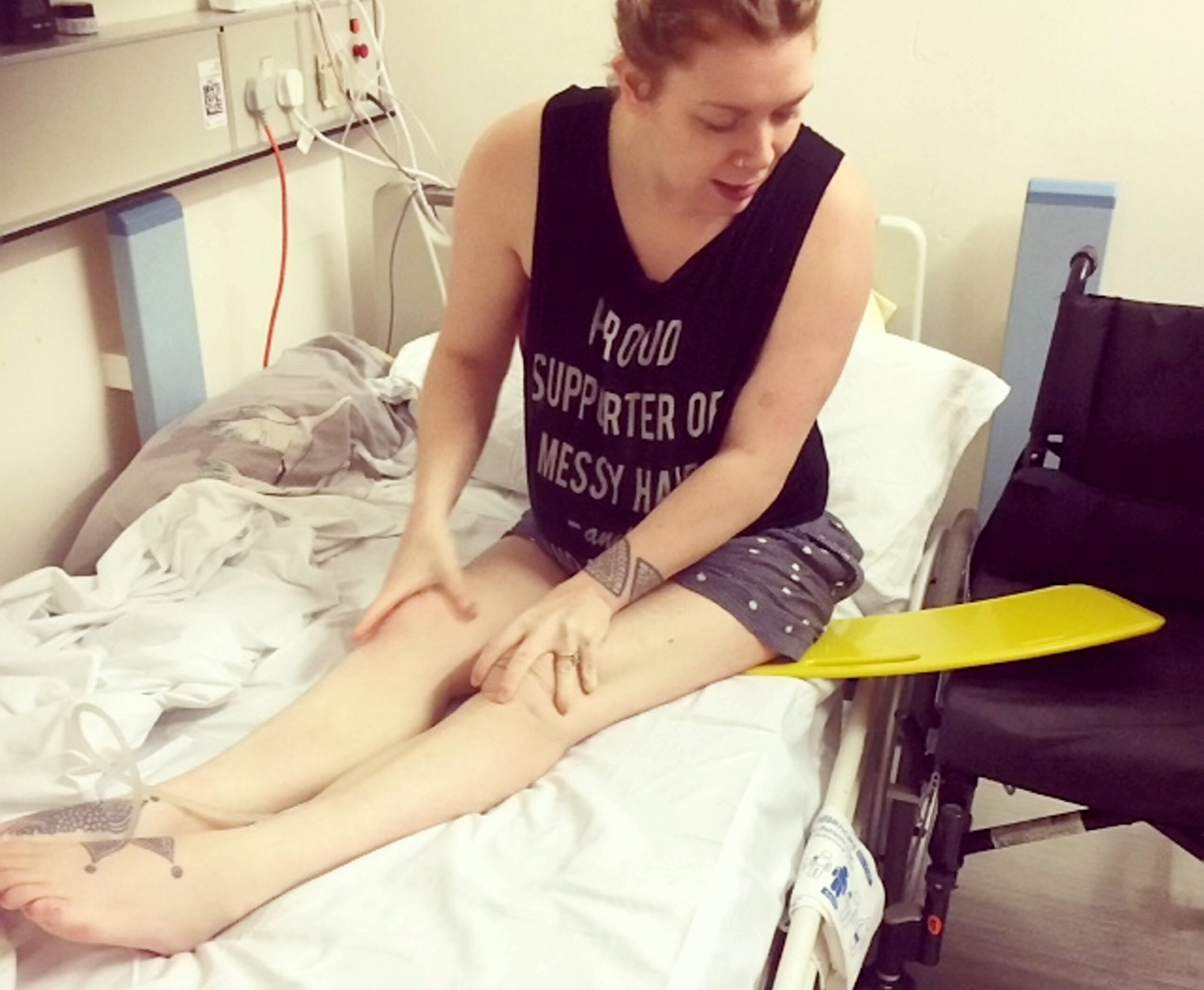
Kara shared that pregnancy this time around was tough, because it was a very different experience: "I couldn't stand up and see my tummy grow. It was sad because I couldn't experience my pregnancy — I didn't enjoy it. I wanted to enjoy it."
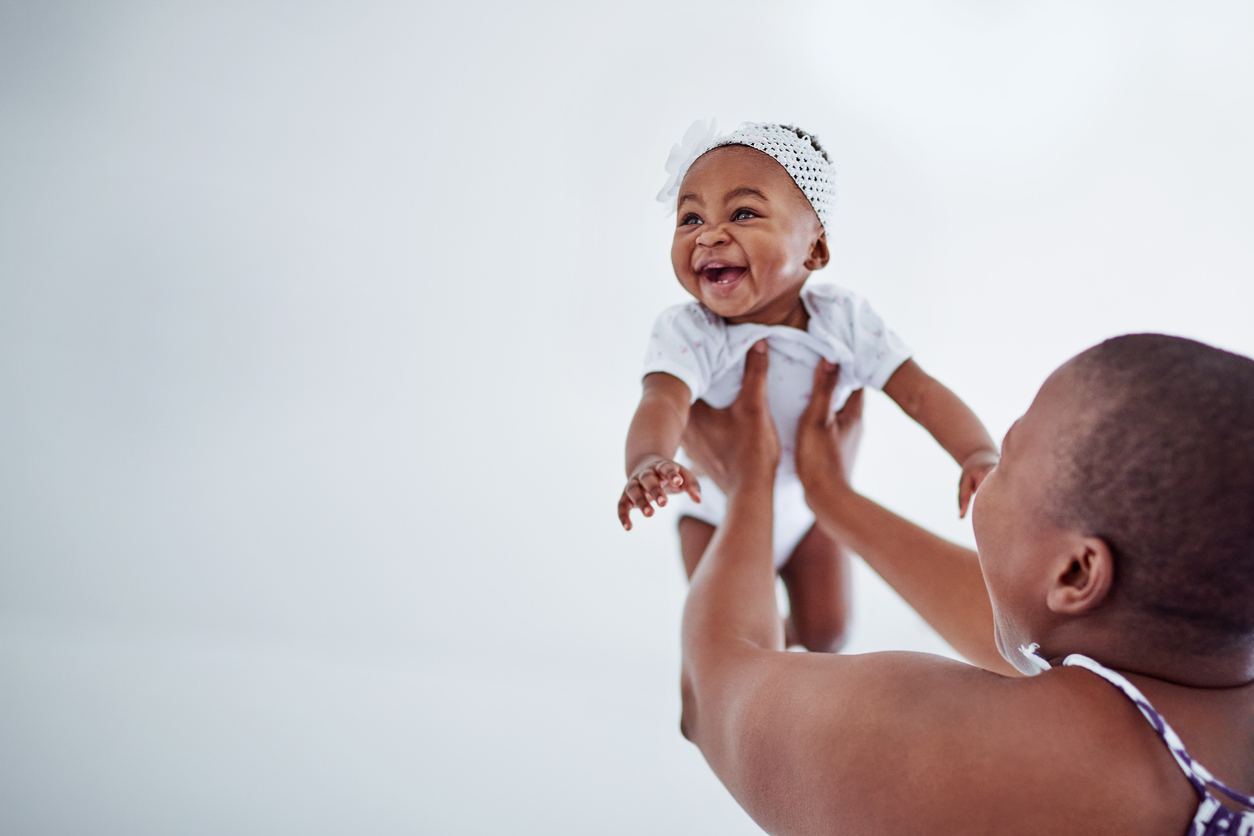
"It made me feel like a bad mum because I bonded when I was pregnant with Isaac, but I couldn't until Winnie was born. It is two massive things in your life but one seems quite negative and one is positive."
Kara also couldn't feel her daughter kicking, and that worried her: "I was terrified we wouldn't make a connection."
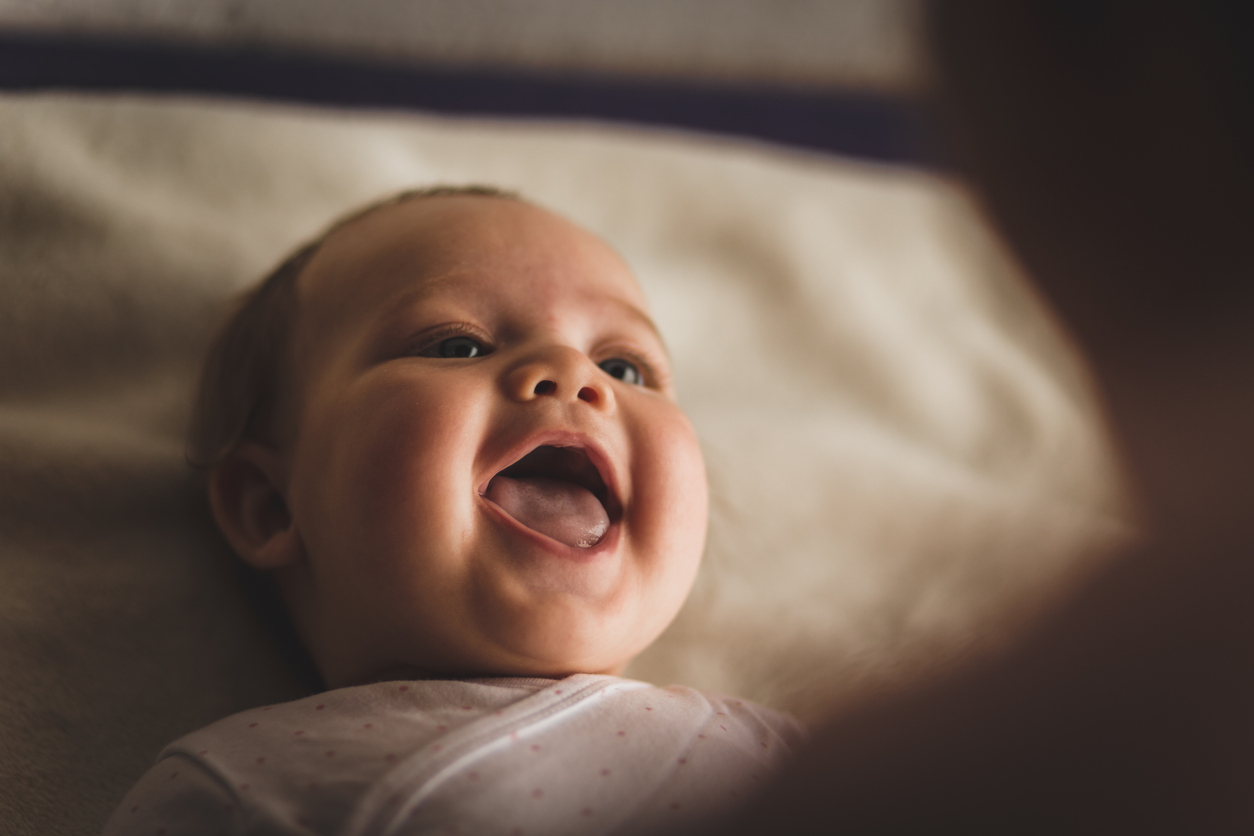
Happily, as soon as Winnie was born, Kara's fears melted away: "It's not about me anymore — that doesn't matter. It's about my little girl … your whole body goes straight into parenting world. It incorporates into your world."
Kara's parents live next door, and her sister also helps with her care.
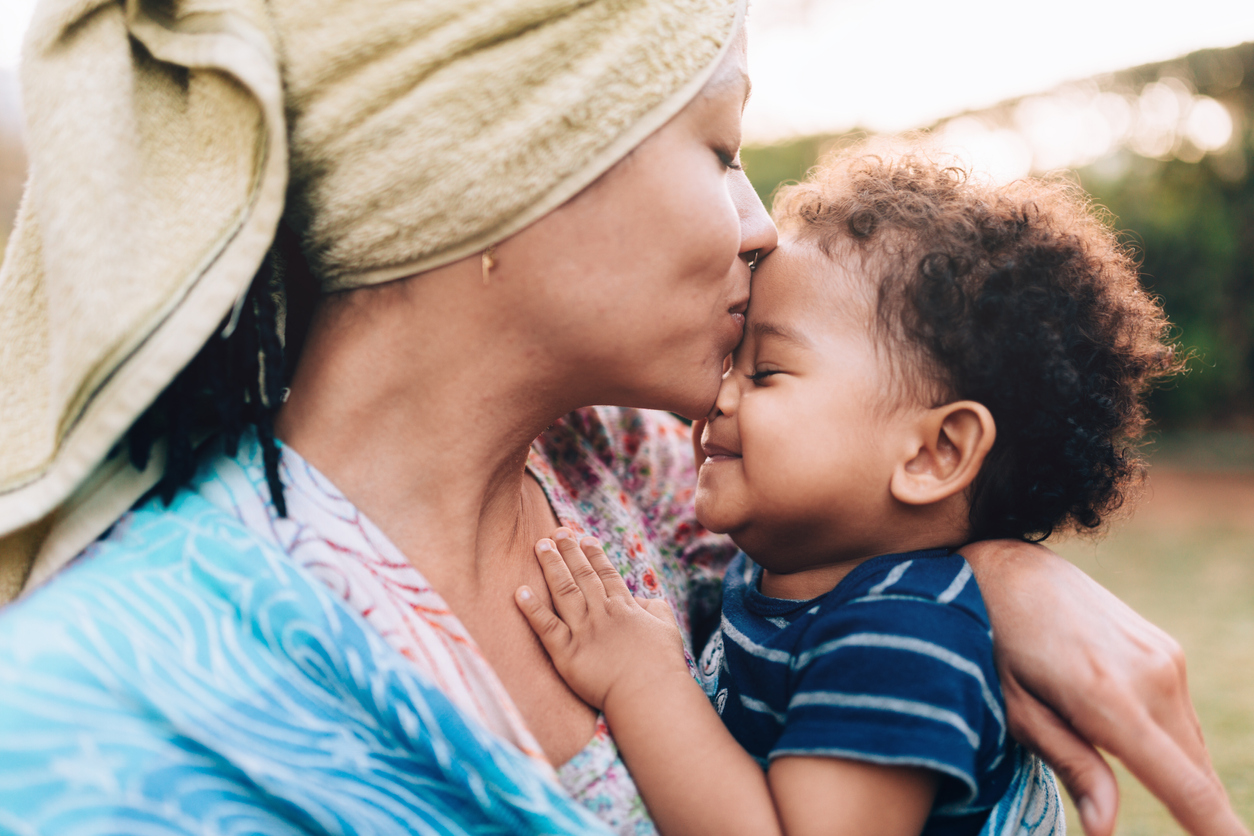
Kara says her family is a tremendous source of comfort right now: "My family are really positive people. If I just had the paralysis to focus on, I might stop and struggle and think it's too hard. With a new baby in the mix you have to do it — you have no other option but to be the best mum, you have to really make that effort."
She also hopes to change how many able-bodied people understand disability: "I'm a fiercely independent person. It took me a long time to come to terms with the fact that I'm disabled. To have this label, it has negative connotations. I didn't want to admit that. If I'm disabled it shouldn't stop me. I want to influence people's opinions on disability. I don't want to be treated differently just because I'm a disabled person. It's not changed who I am — I just don't have legs that work."

